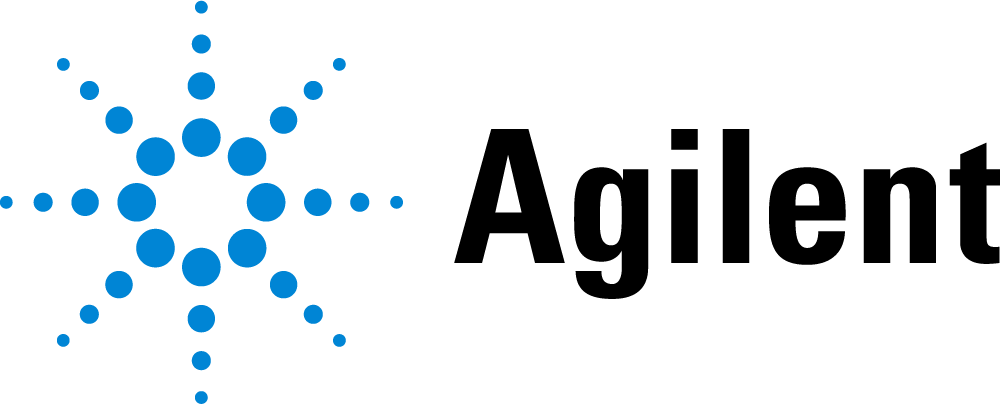The forum discussion will focus on impurity profiling in the development and manufacture of therapeutic proteins. Industry and regulatory experts will share their insights into the technologies and methods for developing an impurity control strategy.


Dates: 21 & 22 September, 2022
Duration: Approximately 75 minutes
Start Times:
Broadcast #1: 21 September - starting at 10 am EDT (New York) / 3 pm BST (London) / 4 pm CEST (Paris).
Broadcast #2: 21 September - starting at 11 am PDT (Los Angeles) / 1 pm CDT (Chicago) / 2 pm EDT (New York).
Broadcast #3: 22 September - starting at 8.30 am IST (Mumbai) / 11 am SGT (Singapore) / 12 pm JST (Tokyo)/ 1 pm AEST (Sydney) / 3 pm NZST (Auckland).
Over the past 20 years the biopharmaceuticals industry has developed around 700 new medicines approved by the FDA and currently there are around 7800 under development. This includes biologics license applications (BLAs) where innovation is bringing many first-in-class medicines. Greater molecular complexity, particularly in these biologics, has led to new thinking in regulatory guidance for development and manufacture to bring safe and efficacious drugs to patients.
A critical challenge in development and manufacture of biologics is impurity profiling; this includes both product and process related impurities (e.g., modified forms, aggregates, cell substrate/culture derived). This has far-reaching implications, particularly in impurity classes such as those that may be mutagenic, genotoxic or immunogenic, in setting specifications and acceptance criteria. A current example is nitrosamines which, in some cases, has had an impact on the ability for the industry to supply safe medicines.
At the heart of solving this challenge for biologics are analytical technologies that can identify, characterize and quantify impurities, and support decision-making throughout the life-cycle for drug development and manufacture.
The topics will include:
- The sources of product and process related impurities and their impact on stability and efficacy.
- Understanding the pathways for impurity formation.
- The impact of processes on impurity profiles, for example glycosylation of proteins, aggregation during synthesis and purification.
- Current and emerging technologies, methods and strategies for impurity profiling.
- Current and unmet capabilities for in-process monitoring and control such as technology for HCPs.
- Current regulatory guidance and expectations from the regulatory authorities.

Our expert panel includes:

Ejvind Mørtz |

Weibin Chen |

Martha Stapels |

Jared Auclair |
Sponsor:




